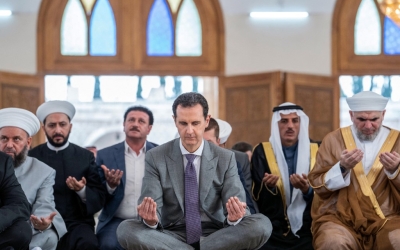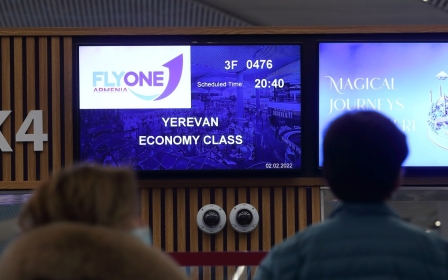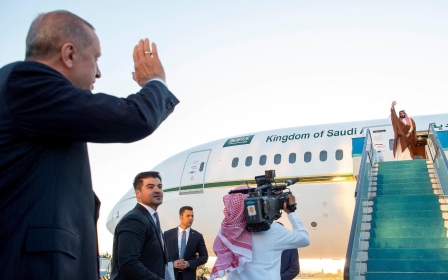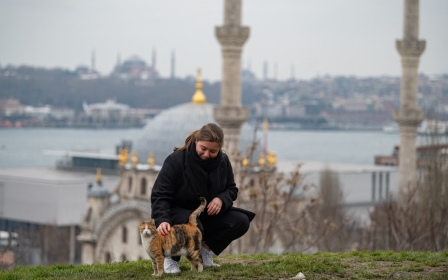Turkey's Cavusoglu says he met Syrian foreign minister in October
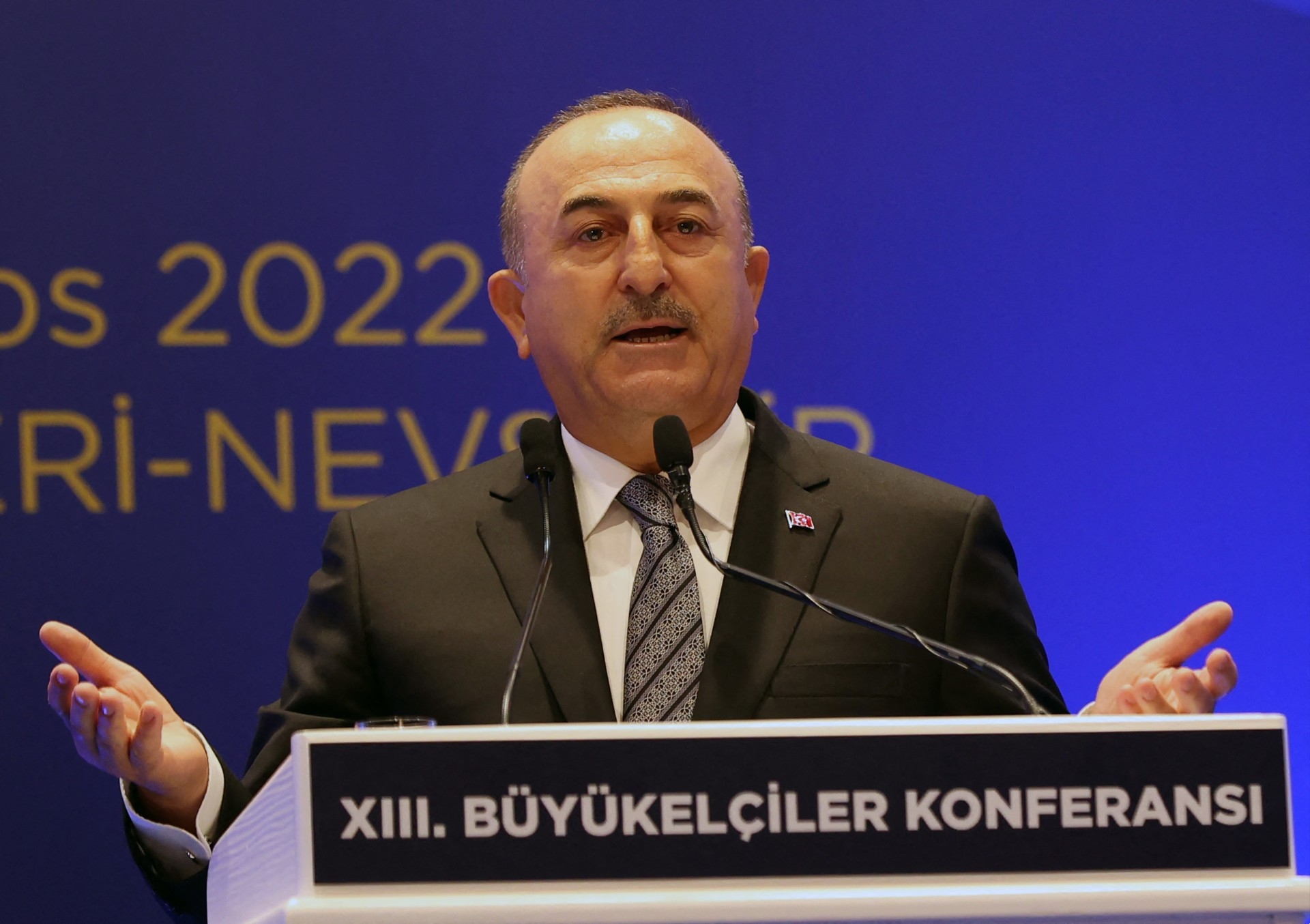
Turkish Foreign Minister Mevlut Cavusoglu revealed on Thursday that he briefly met his Syrian counterpart Faisal Mekdad in October on the margins of the Non-Aligned Movement summit.
Speaking at a news conference, Cavusoglu said he told Mekdad that "we need to somehow come to terms with the opposition and the regime in Syria. Otherwise, there will be no lasting peace."
"To prevent the division of Syria, there must be a strong administration in Syria. The will that can dominate every corner of its lands can only be achieved through unity and solidarity,” he told journalists in Ankara at the closing of an ambassadors' conference.
Cavusoglu said he spoke to Mekdad while chatting with other ministers at the Belgrade summit. He added that the Turkish and Syrian intelligence services had also began communicating after falling out over the war in Syria.
Turkey has backed moderate rebel groups in clashes against Syrian President Bashar al-Assad since the start of country's revolution in 2011.
Turkey entered northeast Syria, which had been controlled by Kurdish fighters allied to the US in 2019 after former US President Donald Trump abruptly withdrew American forces in a surprise decision that drew widespread criticism.
Ankara has a significant military presence in parts of northern Syria, including in about a dozen observation posts surrounding rebel-held Idlib province, and Turkey hosts some 3.5 million Syrian refugees.
Last month, Turkish President Recep Tayyip Erdogan urged the US to leave northern Syria, saying the withdrawal could weaken "terror groups" supported by Washington.
In recent weeks, the Turkish military has been sending reinforcements to northern Syria, especially areas near the town of Tal Rifaat, which is held by the People’s Protection Units (YPG), a US-backed Kurdish militia that Turkey considers the Syrian branch of the Kurdistan Workers' Party (PKK), and a terror group.
Middle East Eye delivers independent and unrivalled coverage and analysis of the Middle East, North Africa and beyond. To learn more about republishing this content and the associated fees, please fill out this form. More about MEE can be found here.


